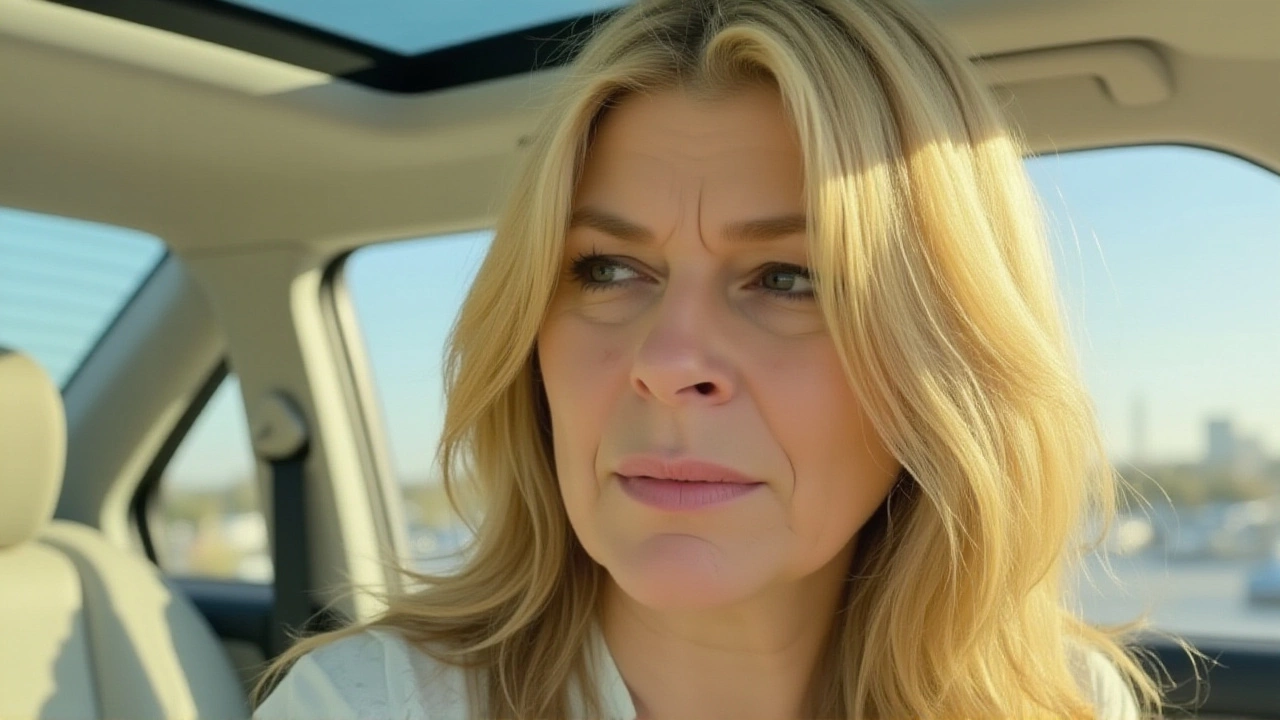Health
When talking about Health, the overall state of physical, mental and social wellbeing, you quickly see how it links to other life areas. One major piece is Grief, the emotional response to loss that can affect body and mind. Grief isn’t just a feeling; it shapes Mental Health, how we think, feel and act daily and often triggers a deeper process known as Bereavement, the period of adjustment after losing someone. In many cases, community Charity, organized help and fundraising efforts steps in to give both practical aid and emotional support. Health therefore includes grief, influences mental health, and benefits from charitable outreach.
Why Grief Matters in Health
Grief can swing your heart rate, mess with sleep patterns and even raise blood pressure. Studies from UK hospitals show patients coping with loss often need longer recovery times, especially after surgery. That’s why doctors now screen for bereavement during routine check‑ups – they know grief can be a hidden health risk. When you understand the link, you can spot warning signs early: persistent sadness, loss of appetite, or a sudden spike in anxiety. Addressing these symptoms head‑on means you’re protecting physical health as much as emotional balance.
Bereavement also changes how people handle everyday stress. A person still processing loss may avoid exercise, skip medication, or neglect doctor appointments. On the flip side, joining a charity walk or volunteering for a cause related to the lost loved one can rebuild routine and give purpose. Real‑world examples, like Kate Garraway speaking about her husband’s death, highlight how public figures turn personal grief into charity projects that raise awareness and funds for mental‑health services. Those stories show that when grief meets charity, the ripple effect improves community health.
From a mental‑health perspective, unchecked grief can morph into depression or anxiety disorders. Therapists often use grief‑focused counseling to prevent that slide. Cognitive‑behavioral techniques help reframe painful memories, while peer‑support groups provide a safe space to share. The key idea is that grief isn’t a weakness; it’s a natural health event that deserves the same attention as a cold or a sprain. Recognising it early lets you choose coping tools – whether it’s mindfulness, professional help, or getting involved in a charity drive that honors the loved one.
In practice, you’ll find a mix of articles below that cover these angles: personal stories that humanise grief, expert advice on managing bereavement, and tips for turning loss into charitable action that fuels better health for everyone. Dive in and see how each piece connects back to the bigger picture of health.
